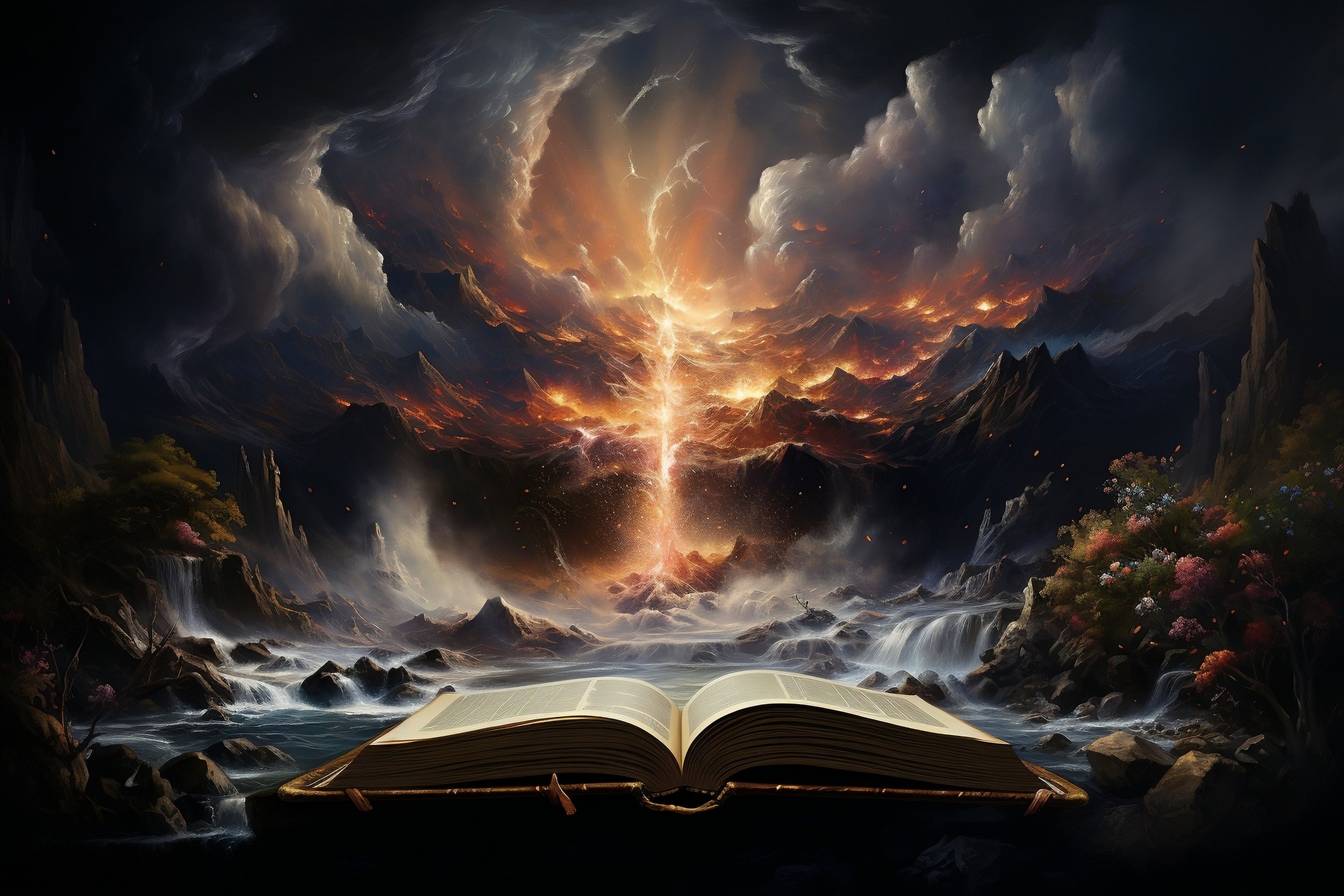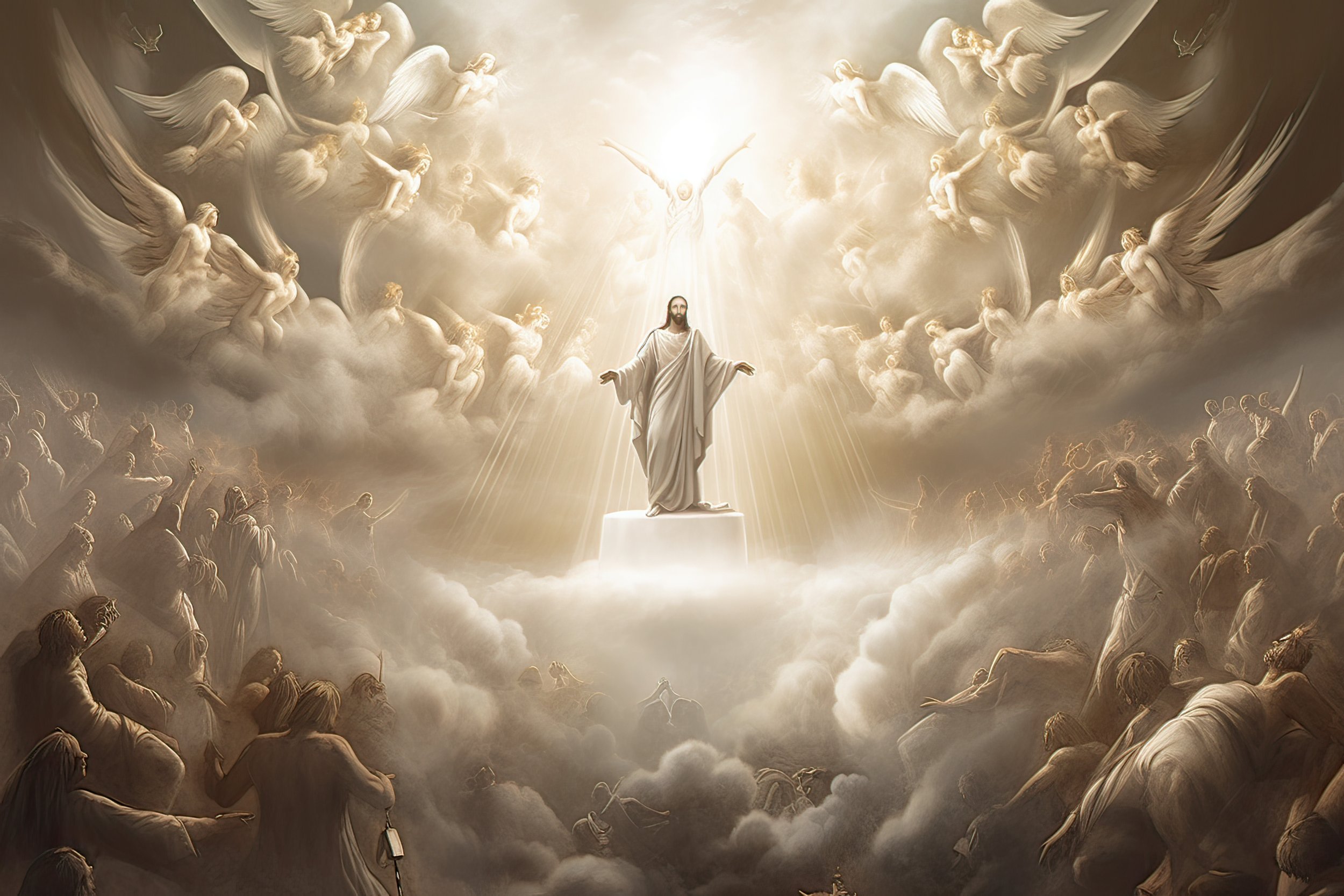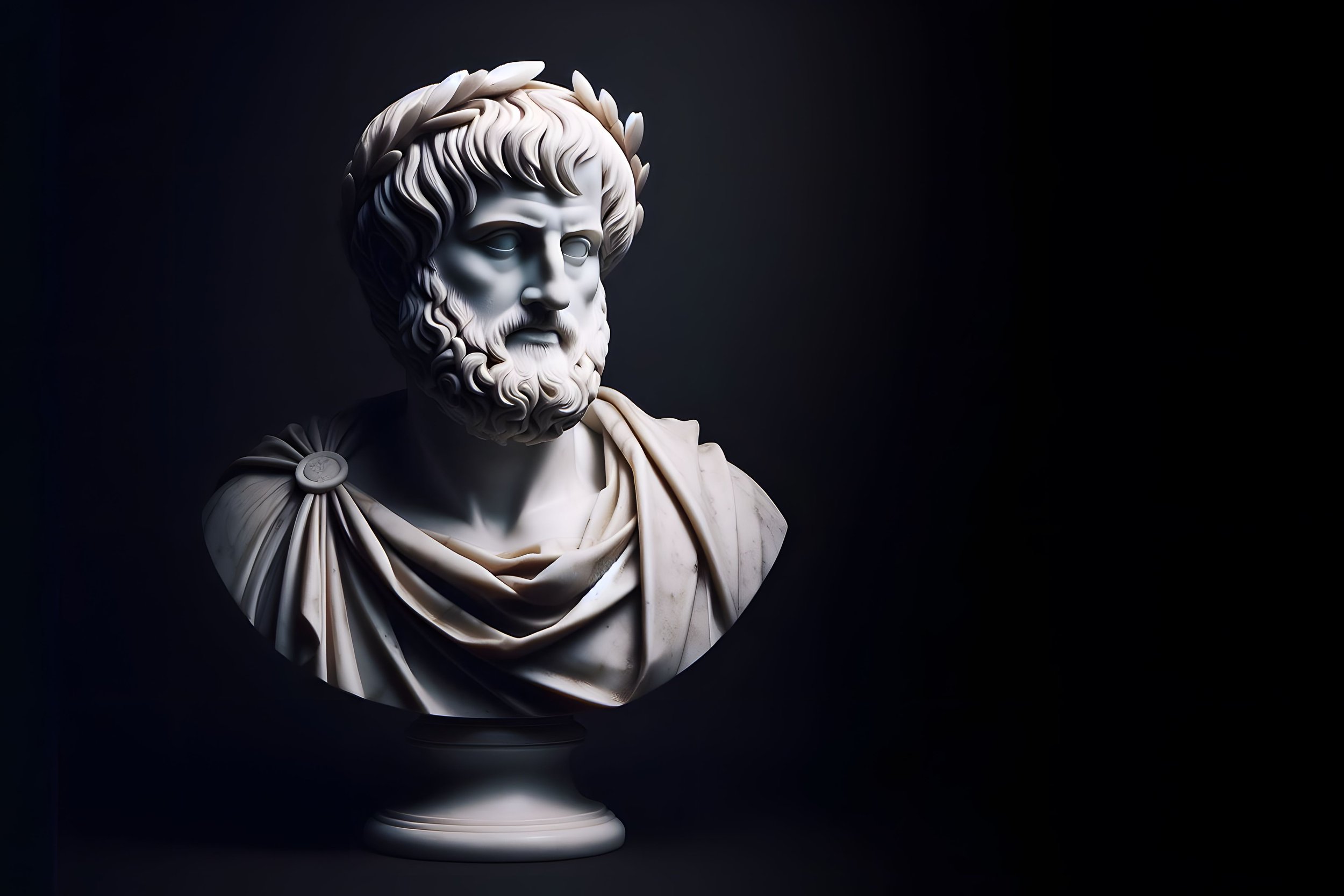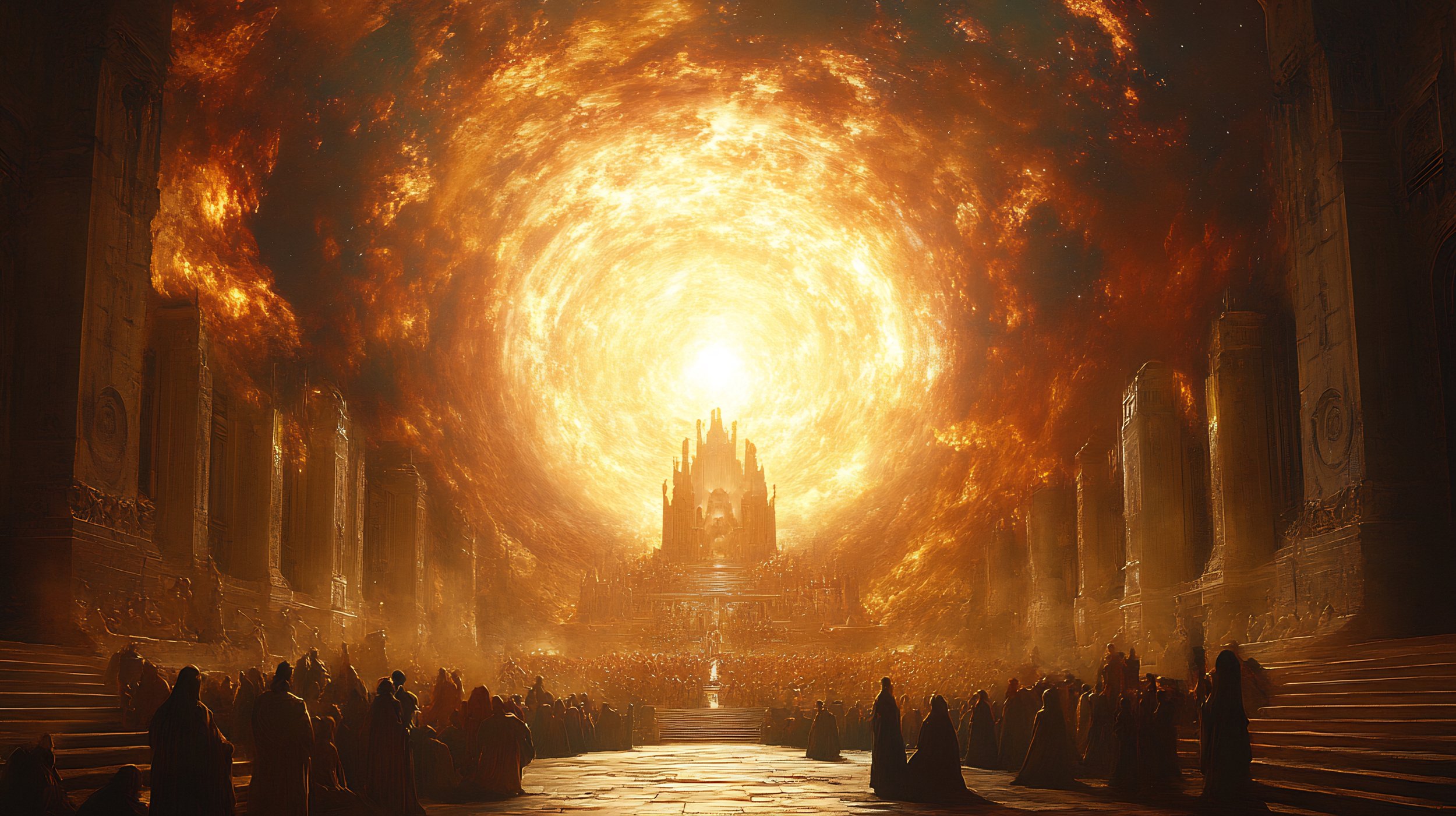
1) The Heavens and the Earth
Explore the profound insights of the Jewish narrative on creation, worldview, and the heavens. Uncover the biblical perspective on creation, the tangible nature of the heavens, and the expectations of liberation from corruption. Discover the continuous, physical realms above, their functions, and their unique relationship with the earth. Embark on a brief yet insightful journey through foundational concepts that shape the rich tapestry of the Jewish worldview.

2) God’s Relationship with His Creation
Explore a transformative perspective on God's dwelling unveiled in this lesson. It challenges traditional notions, emphasizing a tangible connection between the divine and creation. With heavenly imagery from Isaiah and Psalms, it introduces a concrete throne and a celestial temple, portraying God's governance within the universe. The earthly tabernacle mirrors this heavenly order, emphasizing God's intimate involvement. The portrayal reaches its peak by redefining Christ's atonement, rejecting abstraction for a literal, substantial act in a heavenly temple. This lesson invites readers to reconsider theological paradigms, revealing a divine presence intricately woven into the fabric of the cosmos.

3) The Covenant with Adam and Creation
Explore the profound implications of the Adamic Covenant in the Bible, which sets the stage for humanity's relationship with God, introducing themes of stewardship, obedience, and redemption. This post delves into the theological foundations laid in Genesis and connects them with later biblical references, providing a comprehensive view of God's enduring commitment to His creation and the responsibilities bestowed upon humanity.

4) The Garden of Eden Made in the Likeness of a Heavenly Garden
This lesson reveals the intricate connection between heavenly paradises and earthly temples. The lesson delves into the concept of God's rule from celestial heights to earthly dominion. Highlighting humanity's dual role as kings and priests, it draws parallels between Eden and the temple, showcasing structural, functional, and symbolic similarities. It emphasizes humanity's purpose as priestly stewards in reflecting God's glory.

5) Divine Sovereignty: Hierarchy and Authority in the Cosmos
Within the biblical narrative, a profound theme emerges: divine hierarchy and sovereignty. Scriptures depict God as the ultimate authority, holding all things together with absolute power. The exaltation of Christ underscores this sovereignty, positioning Him above all rule and authority. In heavenly places, powers and principalities, both angelic and demonic, operate within this divine order. Spiritual conflict ensues, but biblical prophecy foretells an eschatological end to this struggle. Ultimately, divine sovereignty transcends human authority, shaping our understanding of God's rule over all creation.

6) The Hellenistic Worldview and Its Impact on Early Christianity
In the formative centuries of Christianity, the synthesis of Hellenistic philosophy and Christian doctrine profoundly influenced theological development, particularly in Alexandria under leaders like Clement and Origen. This fusion, known as Christoplatonism, integrated Greek dualistic views of the universe—dividing existence into material and immaterial realms—with Christian eschatological doctrines, altering fundamental Christian teachings. Critics like Tertullian vehemently opposed these blends, arguing they strayed from apostolic purity and simplicity. This philosophical integration, primarily through the Catechetical School of Alexandria, not only propagated new interpretations of scripture but also sowed seeds of enduring theological dissonance that would challenge the church's doctrinal integrity for generations.

7)The Covenant with Noah
Explore the enduring significance of the covenant with Noah in the Bible, which exemplifies a "royal grant" from God, ensuring protection and setting ethical guidelines for all humanity and every living creature. This post delves into the universal and unconditional nature of this covenant, marked eternally by the rainbow, symbolizing God's promise never to destroy the earth by flood again. This covenant not only underscores the breadth of God's commitment but also highlights His grace towards all forms of life.

8) The Tower of Babel
The story of Babel in Genesis 11 highlights humanity's pride and leads to their scattering into 70 nations. Amid this fragmentation, God calls Abraham in Genesis 12 to be the father of a chosen nation, Israel. This nation is destined to embody God's blessings and represent Him, with the promise that through Abraham, all families of the earth will be blessed. This sets the stage for a divine plan to restore unity and knowledge of God to all nations through His chosen people.

The Divine Council: Uncovering the Supernatural Realm in Biblical Texts
The Divine Council, depicted as God’s heavenly assembly, comprises a host of spiritual beings who execute divine plans and judgments. References to this council appear throughout the Hebrew Scriptures, with God presiding over a court of celestial beings. Psalm 82 and 1 Kings 22 provide glimpses into this council, highlighting how God engages with other divine entities while maintaining supreme authority. The biblical depiction of the Divine Council challenges simplistic notions of monotheism and offers a nuanced understanding of God’s relationship with lesser deities. Recognizing these beings' roles enriches our comprehension of biblical narratives and God's ultimate sovereignty over the spiritual realm.

The Doctrine of Original Sin and It’s Comparison to the Jewish Roots of Christianity
This study explores the doctrine of original sin and its fundamental differences from Jewish thought, highlighting the impact of Augustinian theology on Christian belief and contrasting it with the Jewish view of human nature, sin, and divine justice. By examining historical and theological developments, we seek to rediscover the biblical foundation of human responsibility and righteousness. Are we inherently sinful from birth, or are we born with the God-given ability to choose good or evil? Join us as we explore the roots of this doctrine and its implications for faith, salvation, and our understanding of God.